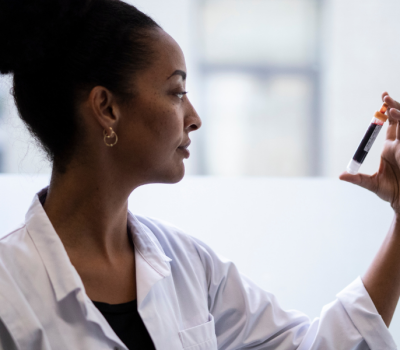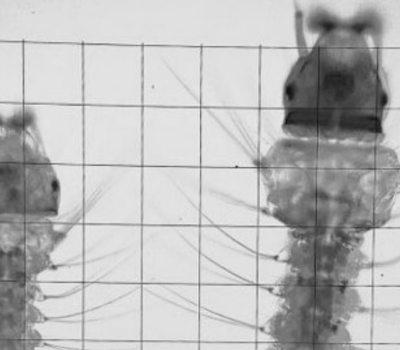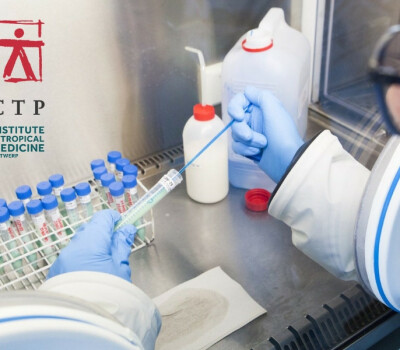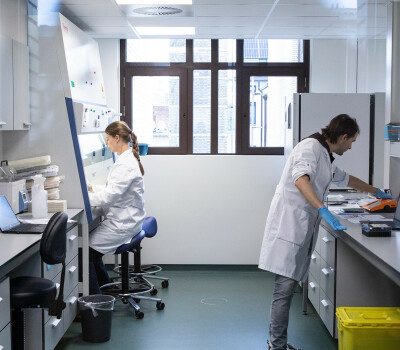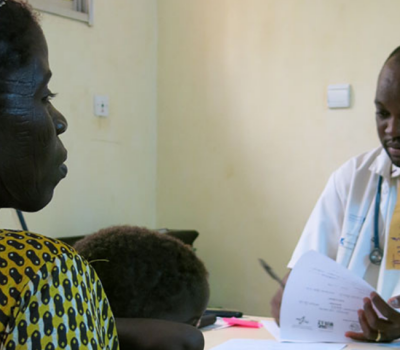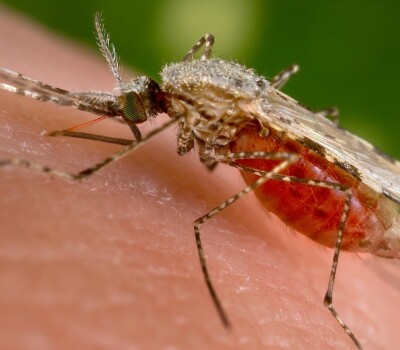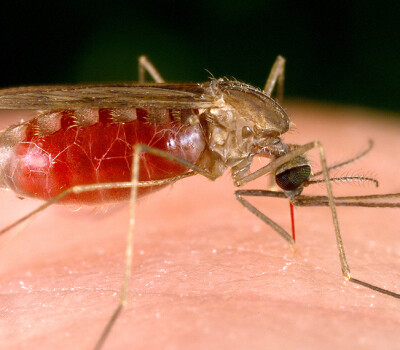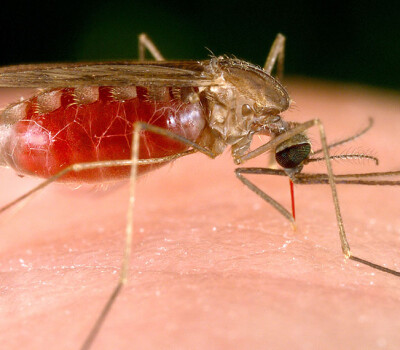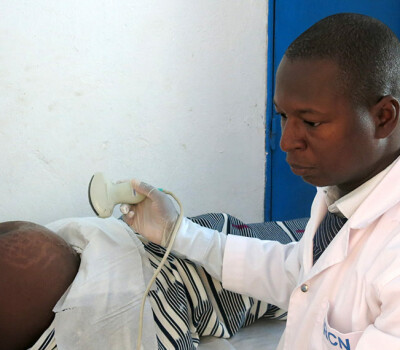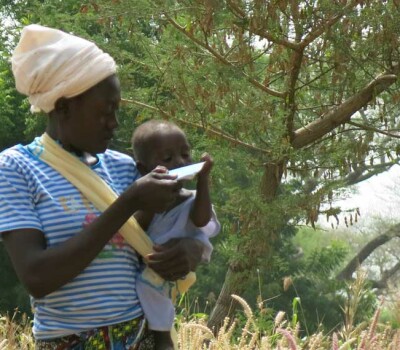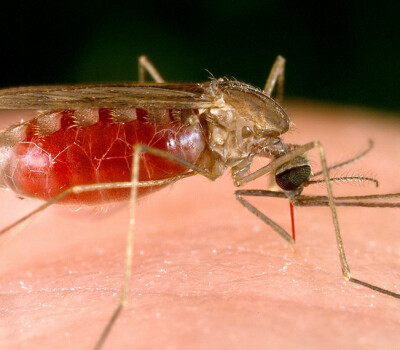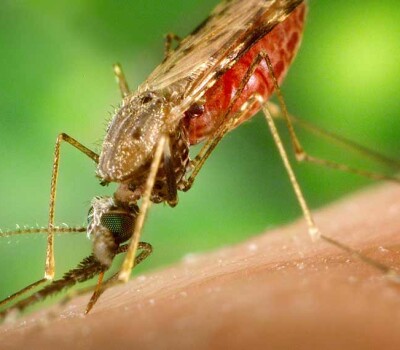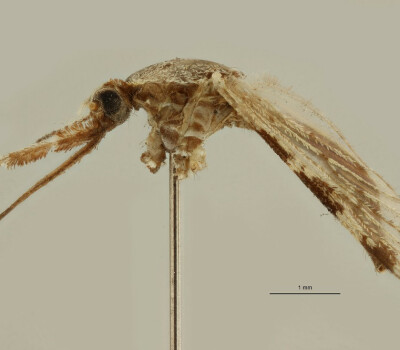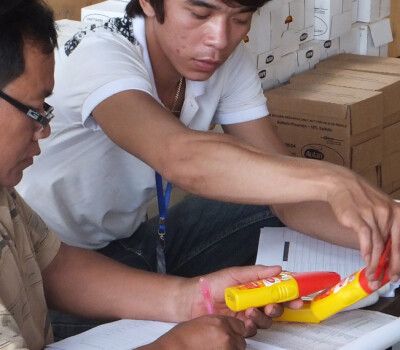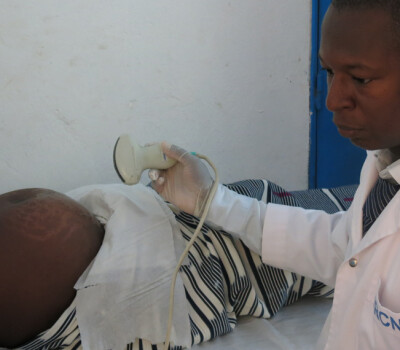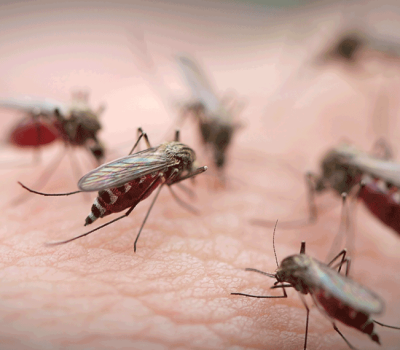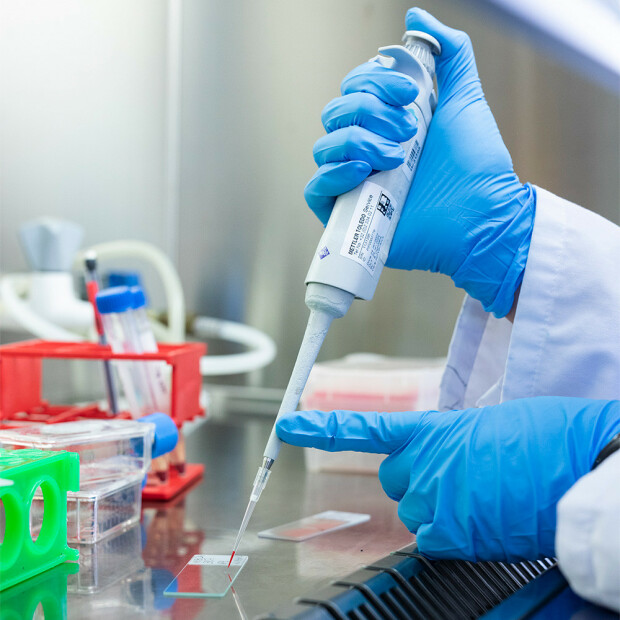
Malaria
Background
Malaria is a life-threatening infectious disease caused by parasites transmitted to humans through the bite of infected Anopheles mosquitoes. Infection typically leads to chills, fever, muscle aches and headaches. If left untreated, however, malaria can become fatal. Each year, the disease causes more than 400,000 deaths worldwide. Effective preventive and therapeutic measures are essential to reduce this high number.
Our research
Our researchers focus on multidisciplinary and innovative research to combat malaria. They study both malaria parasites and mosquitoes in the laboratory and in their natural environment. In addition, they work to improve the effectiveness of disease control by developing new rapid diagnostic tests and evaluating treatment regimens. They also test novel mosquito repellents.
Our experimental immunology laboratory is the only one of its kind in Belgium. It focuses on the innate immunity of malaria vectors and the development of novel mosquito-based genetic technologies for malaria control.
More information
Last updated: 18 December 2025

Join the BE-NE-LUX Malaria Centre!
Are you studying malaria parasites or vectors, the impact of malaria on patients or populations, or studying malaria in another way? Join the BE-NE-LUX Malaria Centre!
We organise annual meetings where you and your partners can present your research and exchange ideas on collaborations and future (joint) activities.
